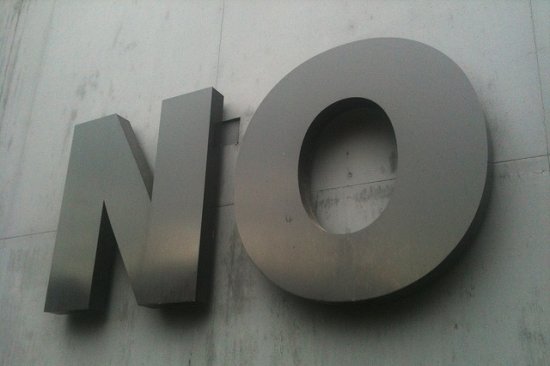
#1 Don't transfer any property
If you are looking for solutions to your debt dilemma, one of the things you may consider doing or may have already done is to give things you own to others to satisfy your debts. Some people may transfer property thinking they can protect it from the bankruptcy process. Either way, you shouldn't give a car to a family member you owe money to or transfer the title to a car or property you own to your spouse or anyone else. The Trustee can force them to give the property back and can then disallow the exemption it would have qualified for as part of the bankruptcy proceeding.
#2 Don't charge anything
If you know you can't afford your debts and are pondering bankruptcy as a possible option, you should absolutely not take on any new debt. Whether this is a new financing agreement or continued use of existing lines of credit, you should not use these. If you're struggling to pay bills and are using credit cards to pay for necessities, it can be hard to put down the plastic, but you must. As soon as you realize that bankruptcy is a likely outcome, you should stop using your cards. If you're planning on a Chapter 7, you can stop making the payments on them and use the money to buy necessities instead.
#3 Don't repay personal loans
Personal loans are considered a non-priority unsecured debt and are low on the totem pole of debts the Trustee will attempt to use your assets to pay off, when possible. Often, personal loans are made by friends or family, so you may be very invested in paying them back and may feel very guilty if you don't. Debts to corporations are debts, just the same, but they don't come with the emotions attached that money owed to loved ones does. But hold off, don't pay them, file your bankruptcy, get your discharge and then, when you can afford to, pay them back once your finances are straight.
#4 Don't borrow from your retirement plan or cash out
Your retirement funds should be treated as sacrosanct. This is money for your golden years and should not be used to service your debt. Once in your 401(k), IRA or other pension fund, it should be hands off. And even if you're retired and drawing from the account, it still should not be used to service debts that you realistically can't afford to keep paying. If you cash out funds from your 401(k) early, it comes with a hefty penalty plus income taxes. And borrowing against the funds isn't much better because it creates debt that can't be alleviated in bankruptcy or in any other way.
#5 Don't pay out more than $600 on any debt
Your bankruptcy Trustee will examine all of your recent financial transactions and any payment of more than $600 to any single creditor within 90 days of filing your bankruptcy can trigger action by the Trustee. They can order the money be given back if it is found to be preferential. Also, if the payment was made on a debt that will be eligible for discharge in bankruptcy, it isn't wise to pay on it. Instead, hang on to the money to help you get off to a better start after your bankruptcy gets you the debt relief you need.
